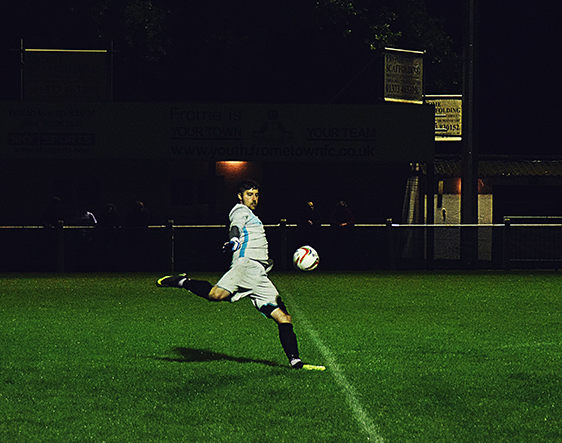In my work with fellow Olympic rower Ben Hunt-Davis’s performance and leadership consultancy, I’ve come across many leaders crying out for help to refocus on what really matters and move away from the burdens of complexity and information overload. Contributor Dr Cath Bishop – Will It Make the Boat Go Faster?
The ‘Will It Make the Boat Go Faster?’ approach helps companies get back to defining what’s important, what their real purpose is and what difference they want to make. That then enables them to identify the most effective ways to ‘make their boat go faster’ on a daily basis.
Where do we see high performance driven by great clarity? In high performance sporting environments, which therefore offer a really helpful analogy and a way of thinking to enable greater clarity in the workplace.
Sporting analogies have always been popular as a way of providing a strong image and memorable examples of how to work well as a team, show commitment and deliver a shared goal under extreme pressure. The journey of Ben’s rowing eight in the build-up to the Sydney Olympics, captured in the book ‘Will It Make the Boat Go Faster?’ offers both a great story of turning things round from a crew that consistently finished 6-9th in the world to become a crew that topped the podium at the Sydney Olympics and some sound performance principles which translate well into the business world.
It’s about going back to the basics: remembering people are key to delivering performance and helping them to get clearer about how to deliver and perform. I’ve found that organisations don’t so much need help with complex technological advances and data analysis – or are well focused on how to get help in those areas – but have often lost their way in leading everyday work-life with clarity, especially with all the multiple distractions and disruptions that exist in our work lives now.
The critical importance of an overarching ‘Crazy Goal’
Ben’s story is not one of morale-raising speeches and superhuman training sessions. It’s a story of a group of rowers who weren’t the best in Britain, let alone the world, but who decided to change that. They started from scratch, and the first thing they did that guided what came thereafter, was to create a Crazy Goal – to win an Olympic Gold medal.
That was way above what they had achieved up to that point but they developed a mindset, a set of behaviours and a performance process to help them pursue the goal. They built clear layers of goals to link them to the Crazy Goal, so they could connect what they did everyday – across sports science, fitness, technique, psychology, nutrition, tactics – to a set of concrete goals which were the stepping stones to reach the Crazy Goal.
To keep on track, they also developed a performance language. This was part of how they thought, how they behaved and how they interacted which they then applied to the complexities they faced, by questioning everything that they did each day in order to prioritise ruthlessly only those things that would ‘make the boat go faster’. This language and way of operating allowed the Crazy Goal to be kept alive every day, and this question sits at the heart of their approach. It became the title of the book, the name of Ben’s company and a phrase that reverberates around more and more workplaces we work with as people ask each other “what will make our boat go faster?” Or better still, teams can create their own tailored question unique to their organisation.
Ensuring Connection to the ‘Crazy Goal’ to improve Prioritisation and Performance
Once the Crazy Goal is established, the job isn’t finished. Employees need to feel personally connected to that Crazy Goal in order to take part fully in the company’s mission. Leaders need to help team members to answer “what’s in it for me?” so that they can align better towards the Crazy Goal. That means having discussions about how the team can make a difference towards that goal, making those linkages explicit rather than leaving it to chance whether a team member can see the links or not.
Leaders need to create an environment that makes it easier for staff to spend time doing things that actually make a difference to the Crazy Goal and which are fulfilling to those individuals as well. Regardless of how complex the world is, how much new data is available to your company, and how many new initiatives you might want to introduce, your staff are only able to concentrate on and effectively deliver a small number of things at a time. And because there are so many distractions and initiatives and different ways in which employees can spend their time, it’s even more important that they understand clearly what the overarching goal is and how they best fit into helping to achieve it.
Finally, it’s about creating a team culture of positive habits: asking the ‘Will it make the boat go faster?’ question regularly, seeking feedback, reviewing what’s working well and what can be improved and building up the evidence and through that the belief that the Crazy Goal can be achieved. These cultural habits aren’t an optional extra – they should be agreed and reviewed with as much emphasis as the tasks that are handed out and project plans that are drawn up. It can sound deceptively simple, but it’s certainly not easy – it requires a commitment to try new things and do things differently, and an openness to learn on a daily basis in the workplace from those around you.
High performance sport is an incredibly focused environment that constantly raises the bar on what’s possible. That’s got to be an environment worth recreating in our workplaces.









